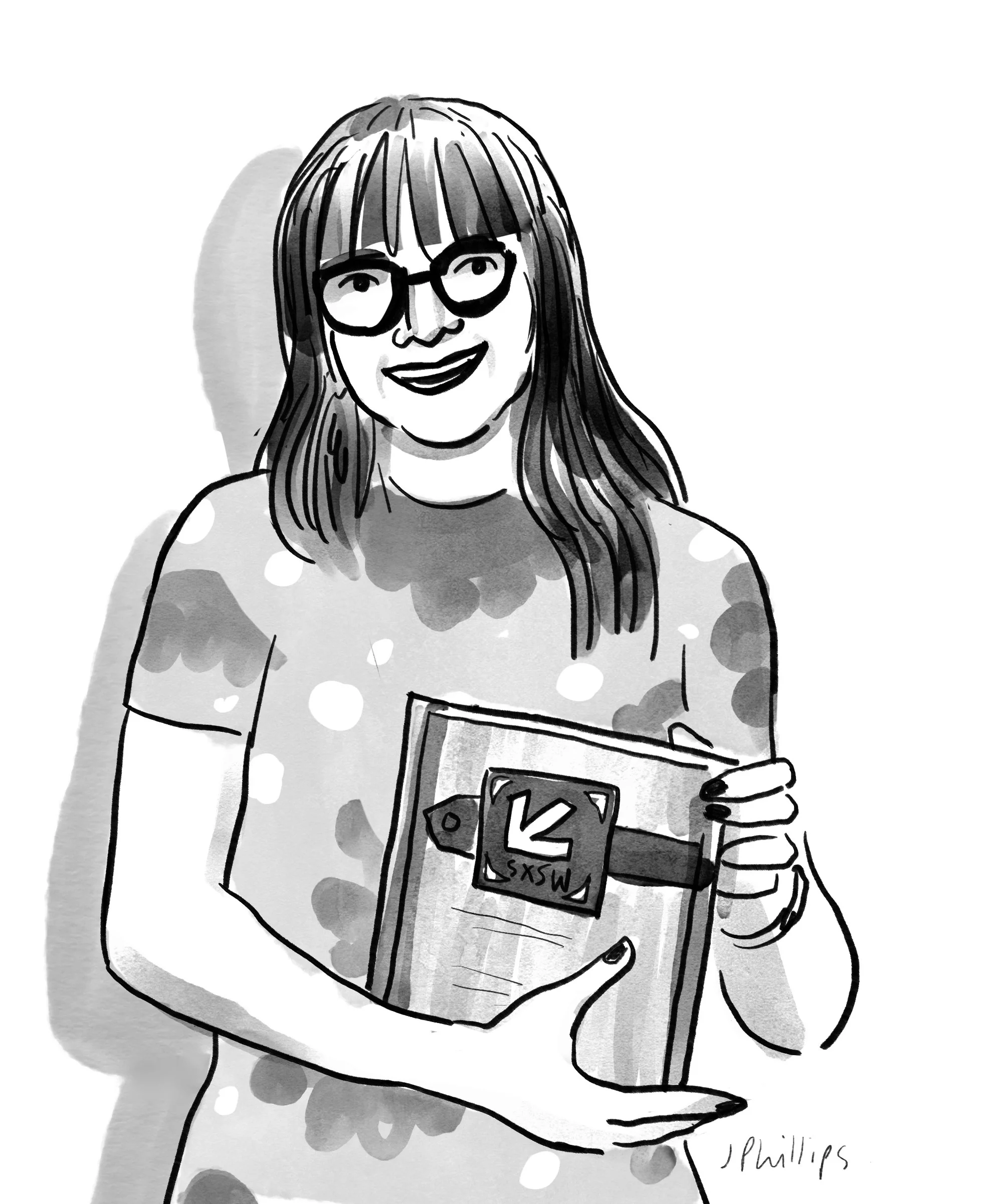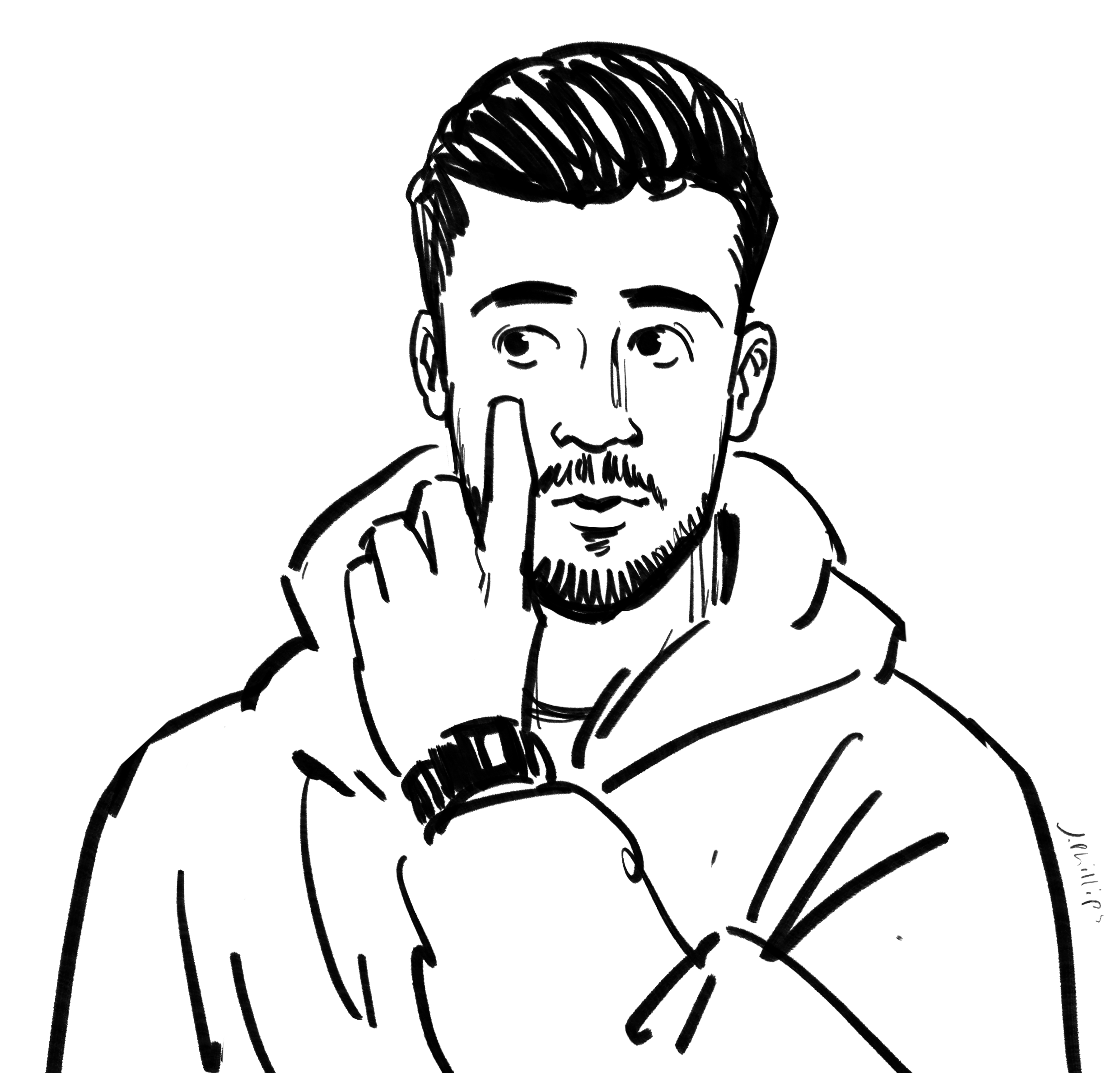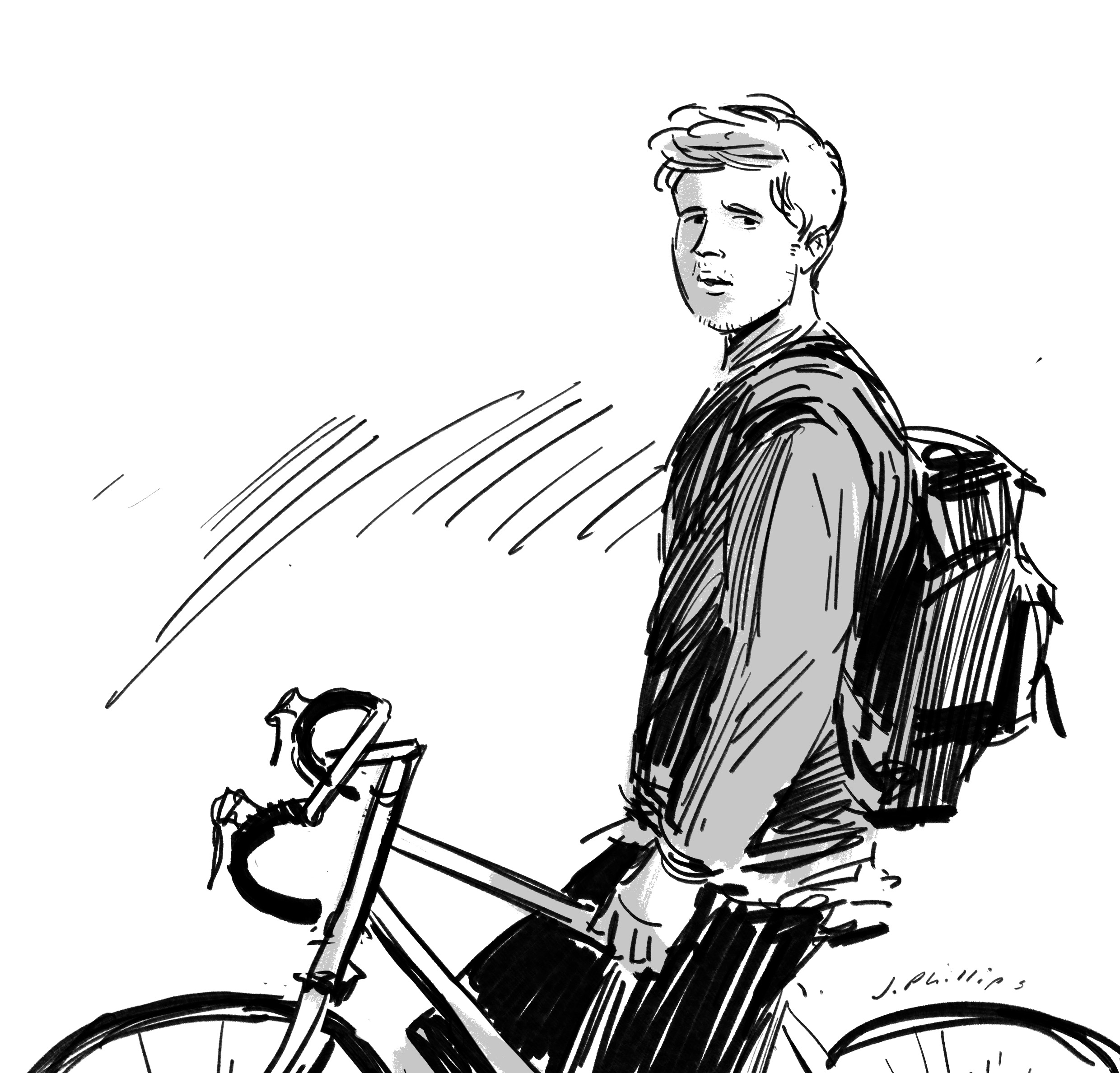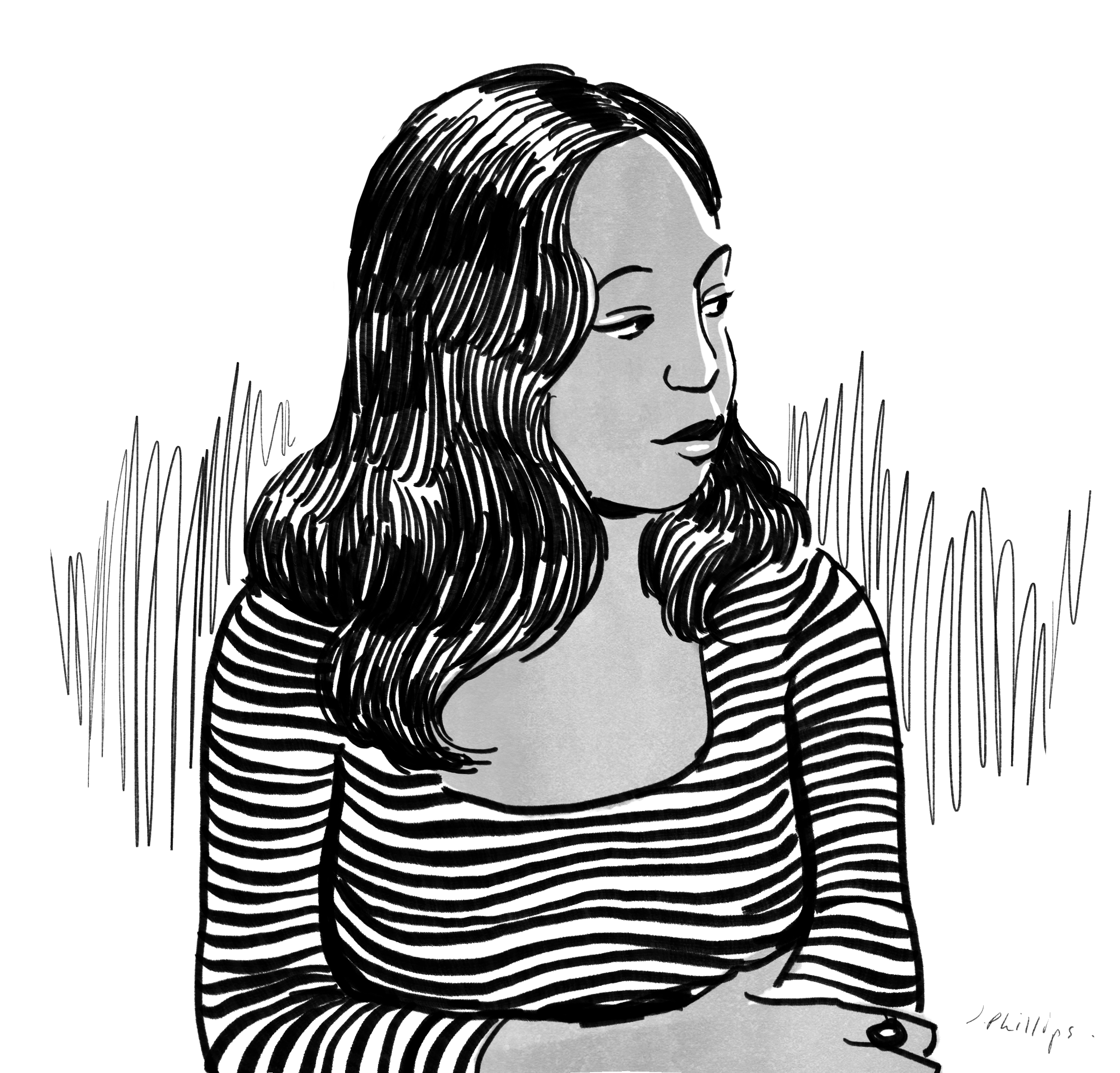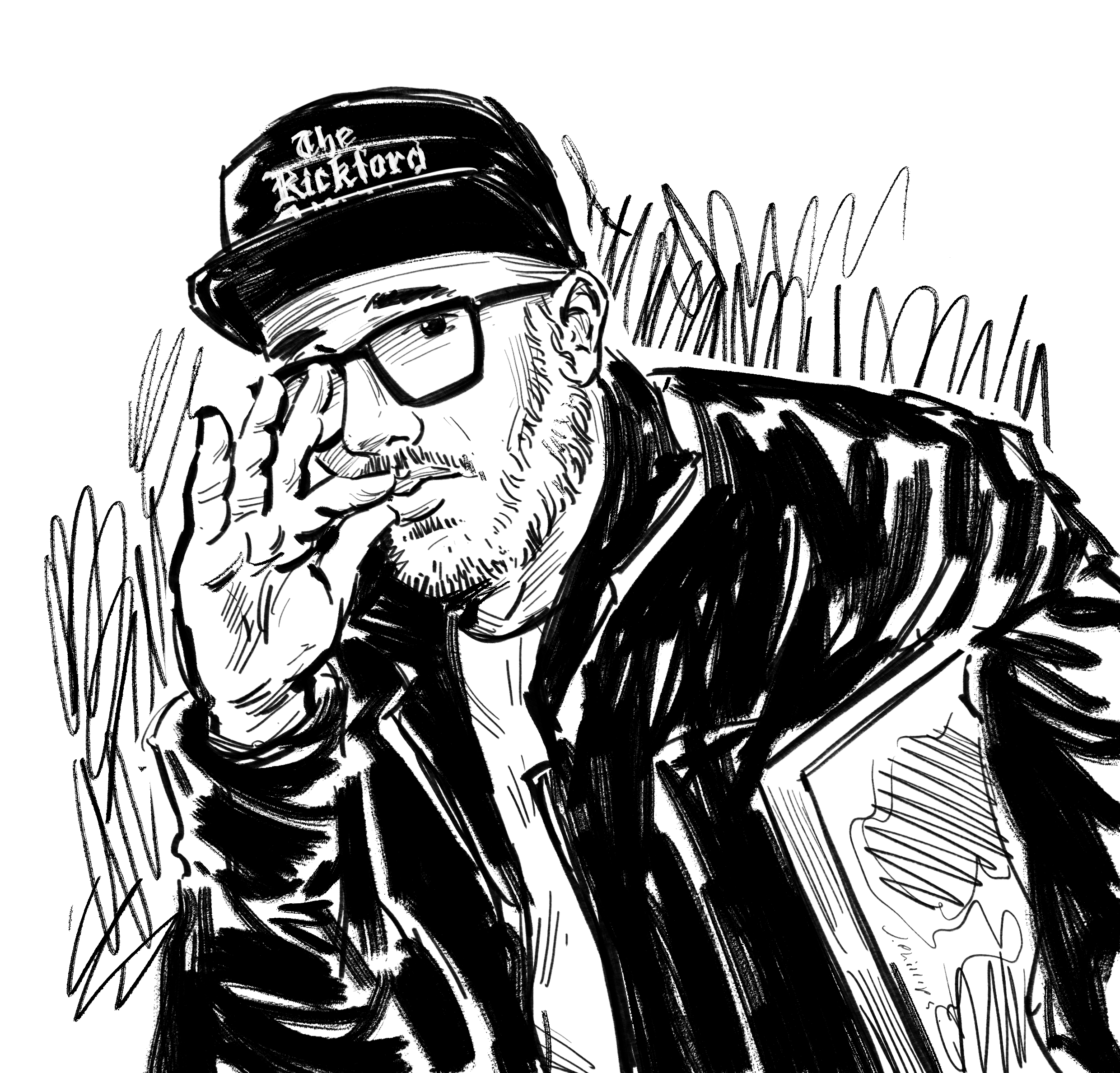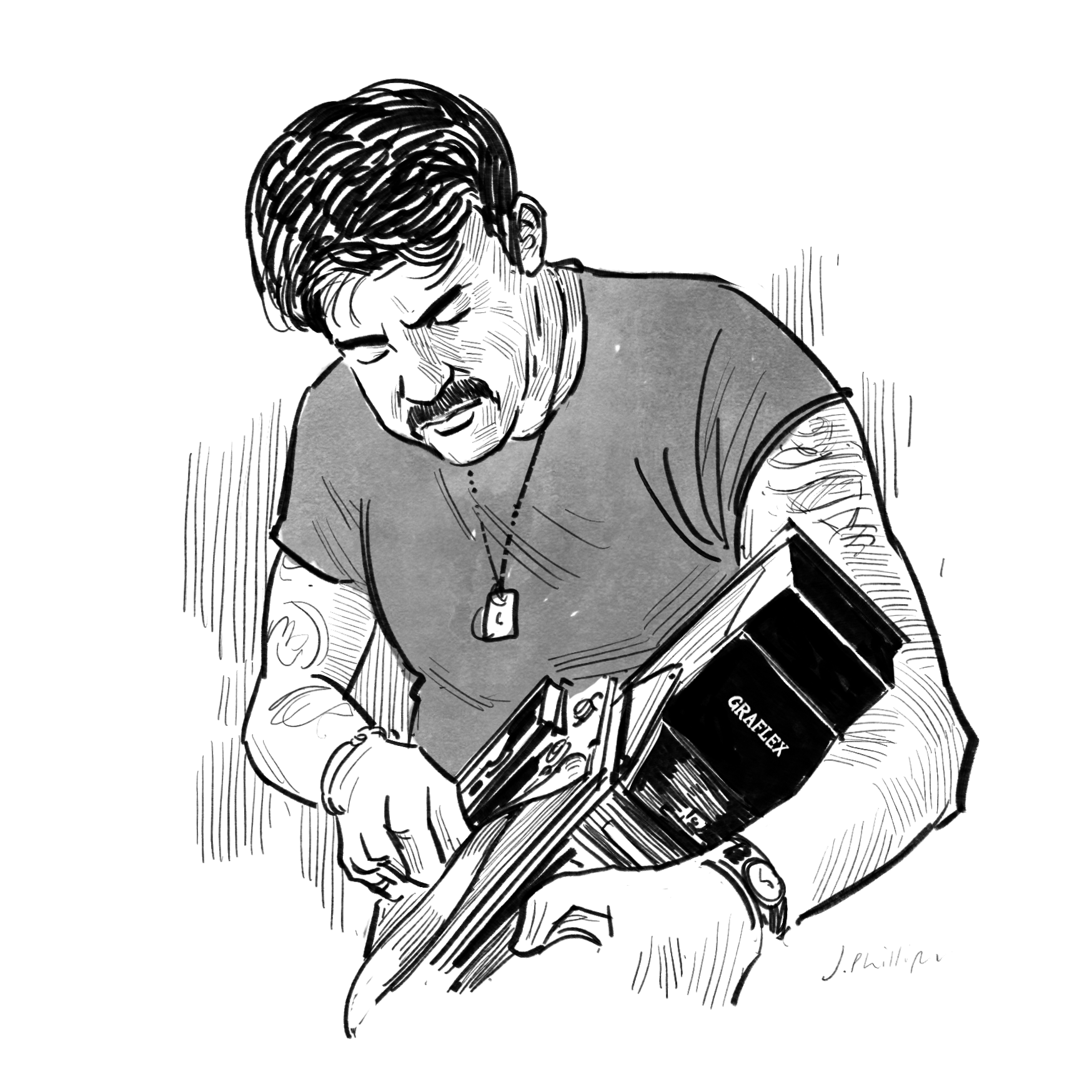James W Mataitis Bailey, Photographer
James W Mataitis Bailey (also known as Yimmy Yayo) is a multifaceted creative from Sydney, Australia based in Los Angeles. Bailey has worked across various creative industries in numerous roles including design, direction, photography and branding for the likes of Alicia Keys, Rihanna, Jay-Z, Nike, LVMH, and The Weeknd.
Bailey shares five photo books that inspire his creativity, as well as insights on the future of the industry and the lessons he has learned along the way.
This interview was edited for clarity and length.
Men in the Cities,
by Robert Longo
“I've been spending a lot of time in NY lately, maybe that why I've been drawn to this one recently. Captured at such an interesting time, in my opinion, of New York's art and creative scene. There's a raw emotion, a dance and beauty to the pose and aggression of this work.”
Go-Sees,
by Juergen Teller
“Maybe cliché but a classic. One of the first books I bought when I could afford to look in the 'Rare' section of Arcana in LA. The consistent collection and breadth of this book is what draws me in the most, that there was constant consideration and effort to capture this brief and, to most of us, fleeting moment that usually would be overlooked.
Teller's work, you either love or you hate. I personally love all of it and make no apologies in doing so.”
Against Interpretation and Other Essays,
by Susan Sontag
“Among some of her other written works Sontag's perspectives on creativity and photography have single handedly shaped how I look at art, photography and the creative process.”
Sailboats and Swans,
by Michal Chelbin
“Beautifully poetic. I first read through this book without the initial understanding and context, and on reading the text it completely changed my perspective of the work. Not many pieces of work can make an impact on you more than once in such different directions.”
One, Two, Three,
by Kishin Shinoyama
“The Japanese handle erotic photography in a far more sensible manner than the west (with a few exceptions), this is one of my favourite examples of a book that while covers nudity and technically 'erotic photography' expresses itself in a much lighter, personal and intimate manner.”
James, what is the best piece of advice that you've received in a professional context?
The best piece of advice that I've gotten was when I was talking to some agents last year about photography representation and I met with Casey Flanegan of IMG Lens. She doesn't represent me, but she is a mentor of mine.
I was trying to figure out my direction. Being able to do a lot of different things is great, but restriction is actually helpful in that it helps you focus. We were talking about the types of photography I’d like to work on and I was like "I really could do with anything," to which she replied: “Honestly, you need to find a direction.”
We talked a little bit longer, and we got a bit more emotional or existential about it. Casey said: "You know, the work that you say no to is just as important to your career as what you say yes to. That will determine your direction just as much.” And that's a tough thing to really stop and think about, especially when you are a freelancer and you have to pay the rent.
So, I have been trying to consider that a little bit more. "Is this what I want to do? Is this the person I want to do it for?" It's been a little bit of a process but I'm getting better and it's definitely paying off in a sense, the work that I'm doing is becoming more defined and more focused. I feel like it's starting to shape my voice.
What is something in the creative industries that you feel deserves more attention than it's getting at the moment?
The respect for the craft, and the process, and the time it takes to get to a certain place is often overlooked. Especially within this era of visual ingestion that we're in, when there's so much being taken in and with that comes the need for so much to be made. This leads to companies just kind of grabbing at whoever can kind of do it, without considering if they are the right person to do it.
There’s a well-known Chuck Close quote about how photography is the easiest creative industry to enter, but the hardest to develop a personal voice for. That's a quote that always stuck with me and it helped me. It’s a craft, which takes time to develop. It's easy to fire a gun, but it takes a few misfires for you to really respect the power of the vision behind it, I suppose.
Can you describe a memory of a moment that changed things for you?
The biggest moment that I always attribute to the sort of work I do today happened before I was actually in the creative industry. I was studying computer science and databases in college. I took a year off and went to Europe. On that trip I visited the Uffizi Gallery in Florence and that was the first time I ever experienced anything creative or artistic that kind of moved me. It was the first time I stood inside an establishment of prestige and art and all these amazing things and I actually had a visceral reaction and things changed for me.
For background, I grew up in Australia. When I went off to college I kind of stepped away. Then just one random Christmas I went back church with my grandmother, and kind of saw it for what it was. Everything kind of fell away and I was just in shock. I felt like everything that I learned sort of was a lie or completely different to what I thought it was, or what I'd been told my whole life. Kind of like being in a box and then all the walls fall down.
So back to the Uffizi Gallery, where I found myself on the second level of the left wing. I think I might have been looking at a Caravaggio and I just felt the exact same feeling. I had been studying computer science, and I mean PHP, Perl, C+, math and databases, and it was fine, but it wasn't creative or inspiring. Everything was very Pleasantville, if you know what I mean. Like a movie, where everything was black and white, but then that was some form of catalyst, and suddenly everything was in color. It was a really insane visceral moment. I remember emailing my mom immediately that night, and telling her that something changed and I needed to drop out of my computer science course. And none of this is really embellished, it was really quite a moment. It definitely changed the entire trajectory of my life, essentially.
In terms of photography, I had a moment just recently where it sort of set me on a new course where I re-educated myself on the dark room. I didn't go to school for photography, so I was never in a dark room. I always had these assumptions about how photos were made, but over the last summer course that I did at the Pasadena Armory, where I went through the process of seeing a photo you've taken slowly come out in the stop bath, then going through the fixer, that's really like something special. It definitely changed how I appreciate and look at the process of a photo being created. Even now in the last couple of weeks of how I'm shooting, it's really changed a lot.
Can you describe how it's changed? What's different from before?
We grow up in a digital age in which you can push the button and it just happens and everything's done and there it is. It's really easy in the sense of there not being much craft to the process. It's been very commercialized or mechanized in a sense of like "Oh, if I put this here and push a button." Even if you get film developed and scanned, you're not really touching anything. To me that means there's a lot less weight behind the photo you're taking. But now, after taking that course, I really am slowing down my process, because I have more of a tangible connection to it, which is really interesting.
Are there certain habits that you've developed that keep you going?
When you work for yourself it can be really overbearing to think about all the things that you have to do. For me as a freelancer, the habit that keeps me going is being able to step away from my work.
After a big job, a lot of people really keep that axe on the grinding stone. The analogy kind of extends, because if you do that you wear all the metal away, the axe gets shorter and shorter quicker. So, it's about turning the gas off at certain points so you're like "Okay, so I've done like a big shoot and that was really great, I'm gonna take a couple of days off to get a massage, go see a movie, think about something else maybe and do some exercise." Take that mental break and then you can revisit the work with fresh eyes, or feel rejuvenated for the next job.
Another great habit is not working from home. It is the biggest one. If you can do it, amazing, if you can't, that's also understandable, but it absolutely changes how you approach work and the mentality behind being independent freelancing.
Lastly would be to travel. It's a hard one financially to do, but if you can get into the habit of keeping moving, traveling a little bit, I think it's great for inspiration.
What is something that you used to believe about your craft or industry that you've changed your mind about?
I got to a point in my career where I was doing all this work for people like JAY Z and Kanye West and Drake, and I thought that that was gonna be it but then I came to this really big realization.
I always thought about success in terms of the financial rewards or the credibility and fame, but that changed when I kind of got to that world and realized I was more overweight and more stressed than I had ever been. I realized that my emotional state is just as important. The work has to be rewarding emotionally just as it is financially.
As creatives we are being hired to be emotional. That's the root level of it. So if your emotional state is not being taken care of and if you're not nurturing or replenishing or looking after it, then the work that you put out will suffer. That’s what happened to me at this company. I was putting out trash because my emotional state was jeopardized. I have to be in a good emotional state to create good emotional work. And that's what creativity essentially is.
Photo Illustration Reference: James W Mataitis Bailey













